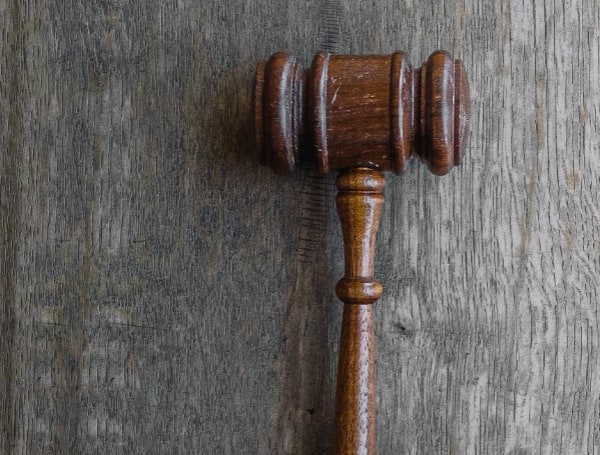The Florida Supreme Court on Thursday deleted part of a rule that has allowed judges to take courses in “fairness and diversity” to meet a continuing-education requirement.
The change, backed by six justices, drew a strongly worded dissent from Justice Jorge Labarga, who wrote that it “paves the way for a complete dismantling of all fairness and diversity initiatives in the State Courts System.”
The Supreme Court, which determines rules for the system, issued a decision that revised continuing-education requirements. Part of the decision dealt with a requirement that judges receive training in judicial ethics.
In the news: Two Tampa Heroin And Fentanyl Traffickers Sentenced
In the past, the rule said, “Approved courses in fairness and diversity also can be used to fulfill the judicial ethics requirement.”
The revised rule says, “The portions of approved courses which pertain to judicial professionalism, opinions of the Judicial Ethics Advisory Committee, and the Code of Judicial Conduct can be used to fulfill the judicial ethics requirement.”
The decision, shared by Chief Justice Carlos Muniz and Justices Charles Canady, Ricky Polston, John Couriel, Jamie Grosshans and Renatha Francis, said the “pre-amendment rule text was overbroad, because course content about ‘fairness and diversity’ might or might not pertain to judicial ethics.”
“Although we have deleted from (the part of the rule) the unilluminating and frequently contested term ‘fairness and diversity,’ course content on procedural fairness and nondiscrimination will continue to qualify for ethics credit,” the decision said. “The revised rule text explicitly says that ethics credit will be given for classes on the Code of Judicial Conduct. And a review of the relevant Code provisions shows that civility and equal regard for the legal rights of every person are at the heart of judicial professionalism.”
In the news: Dating App Torture Suspect Who Forced Woman To Eat Lye, Dies From Self-Inflicted Wound
But Labarga, who frequently dissents in cases, wrote that while “I appreciate the majority’s observation that the existing rules should be sufficient to cover appropriate ethics courses on these topics, this unilateral action potentially eliminates vital educational content from our state courts’ judicial education curriculum and does so in a manner inconsistent with this Court’s years-long commitment to fairness and diversity education.”
“As stressed by the majority, the canons in the Code of Judicial Conduct do prohibit bias and prejudice in their various forms,” Labarga wrote. “However, the purpose of providing express consideration to fairness and diversity education has been to complement the canons, and in the hopes of addressing the extremely complex issue that is discrimination, to educate the judiciary on strategies for recognizing and combating discrimination. For these reasons, such a decision at this level of institutional gravity is, in my opinion, unwarranted, untimely, and ill-advised.”
The move came amid a high-profile push by Gov. Ron DeSantis to curb diversity-related programs in the state’s colleges and universities.
In the news: Florida Gov. DeSantis Tax Plan Ranges From Diapers To Gas Stoves
DeSantis and Republican lawmakers last year also passed what he dubbed the “Stop WOKE Act,” which placed restrictions on how race-related issues can be addressed in schools and workplace training — though a legal battle continues over whether the restrictions are constitutional.
The Supreme Court said it made the continuing-education changes “on its own motion,” meaning it was not acting on a petition that had been filed. The decision said the changes became effective immediately, but interested parties can file written comments until April 18.
DeSantis appointed Muniz, Couriel, Grosshans and Francis, and they have joined Canady and Polston to form a conservative majority on the court.
Android Users, Click Here To Download The Free Press App And Never Miss A Story. Follow Us On Facebook Here Or Twitter Here.
